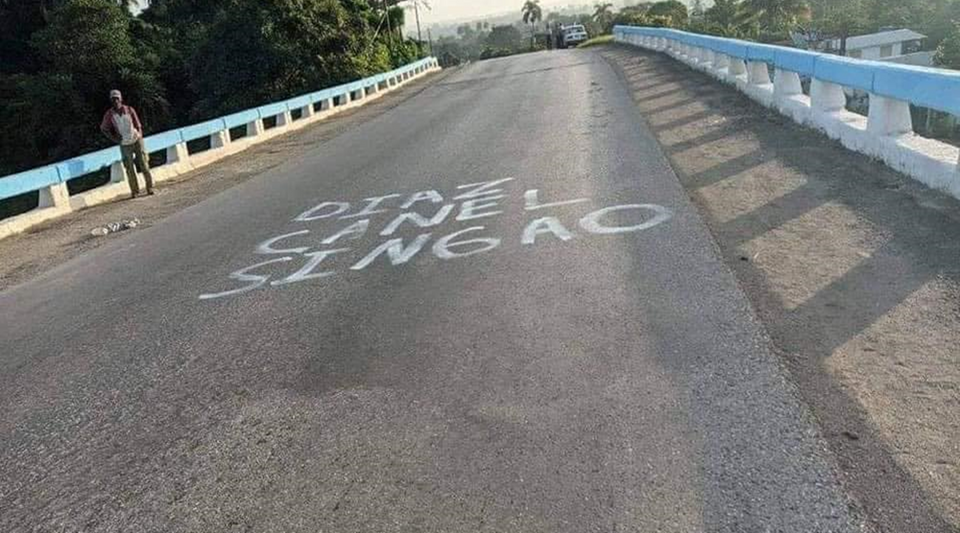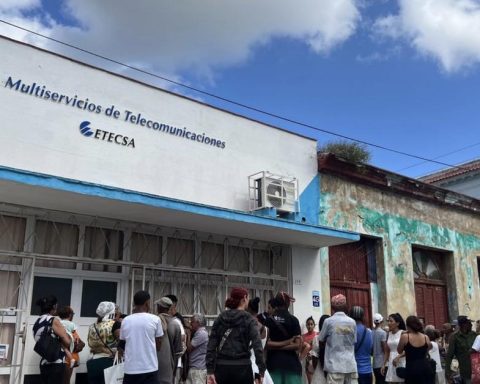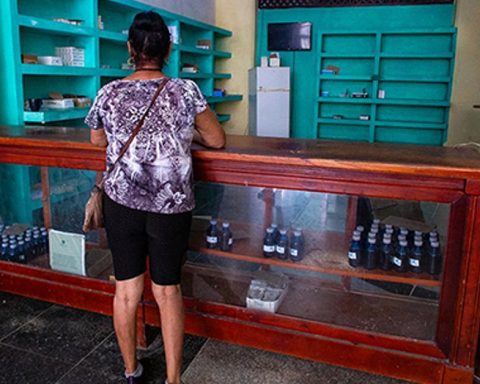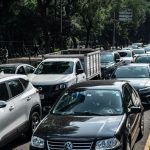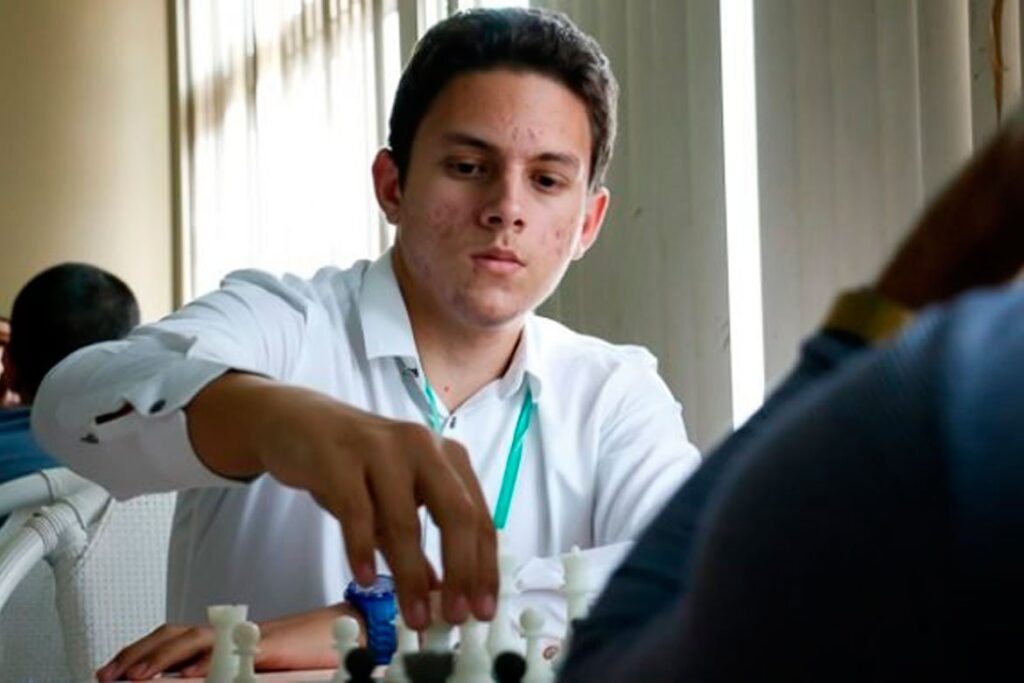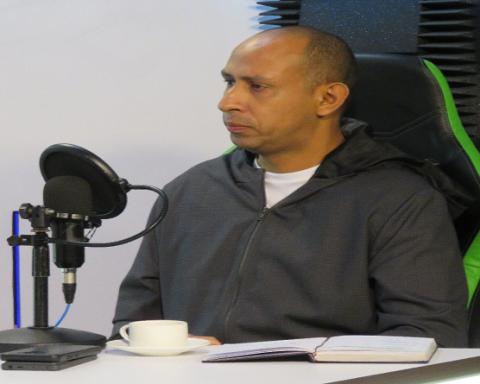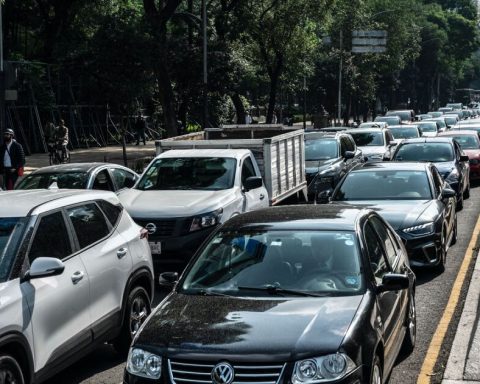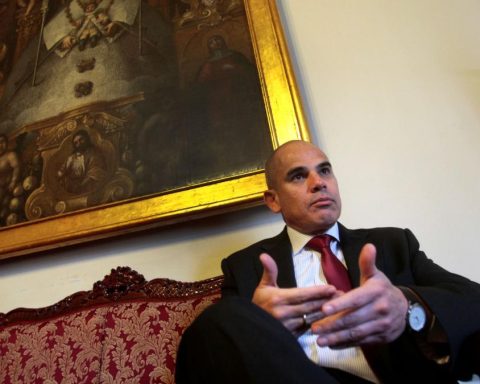A poster with the phrase “Díaz-Canel singao”, in capital letters, was painted on the pavement of the bridge that connects the town of El Cristo with the national highway, in Santiago de Cuba, popularly known as El Elevado.
Shortly after the graffiti was discovered and with a strong police presence, the sign was covered up by local authorities. Several photos circulating on social networks show the state of the road after the white letters, outstanding for their large size, were censored.
The bridge belongs to a highway that connects the city of Santiago de Cuba with other municipalities such as Songo-La Maya and Segundo Frente. This last territory is frequently visited by high-ranking leaders of the country because there is the mausoleum of the martyrs of the Second Eastern Front Frank País García, where the remains of Vilma Espín and the Spanish dancer Antonio Gades are also buried.
The mausoleum, located about 60 kilometers from Santiago de Cuba, also houses the remains of more than 200 combatants of the Rebel Army. In addition, the stone where Espín’s ashes were buried will also be Castro’s tomb.
Beneath the El Cristo bridge, obligatory transit for the residents of El Cristo –many of them work in the city– passes the train line that connects Santiago with Havana.
Anti-government posters are not very common in Santiago de Cuba, but in recent years they have become more frequent in central areas of the city, such as the Sueño neighborhood, and have also been censored with paint by leaders of political organizations or Ministry agents. inland.
This Monday, the city experienced a day of protests due to the long blackouts, which were concentrated in the Luis Dagnes district, in the Altamira Popular Council. The event quickly caused the presence of several military and public order forces, while the demonstrators shouted various slogans against the Government and Fidel Castro, according to what a local resident told this newspaper. Among the phrases they chanted were: “Enough already”, “Put on the current, pinga” and “Díaz-Canel, singao”.
The signs of popular disagreement continued throughout the day, also in Havana. “We want [ver] Diaz-Canel”, required a group of people that cut off road traffic at a point on the national highway near the José Martí airport. The demonstrators, among whom were women and children, formed a human cordon that prevented access to one of the main roads into the city.
In a video of the protest, circulated on networks, numerous vehicles can be seen stopped in front of the protesters, without daring to advance. One of the passengers gets out of his car to take a closer look at the situation and, when he returns to the car, assures the driver: “Havana has heated up!”
________________________
Collaborate with our work:
The team of 14ymedio is committed to doing serious journalism that reflects the reality of deep Cuba. Thank you for joining us on this long road. We invite you to continue supporting us, but this time becoming a member of our journal. Together we can continue transforming journalism in Cuba.
